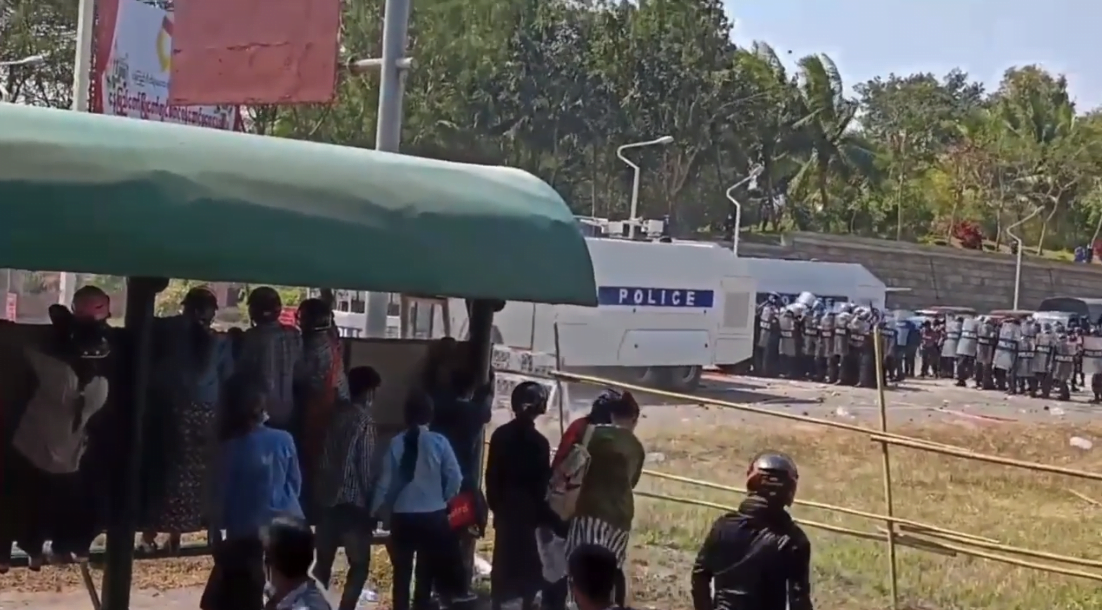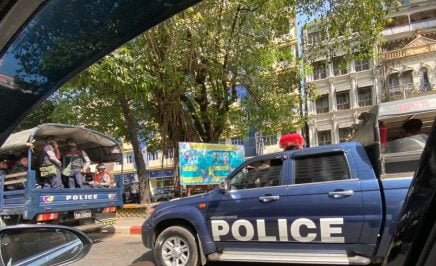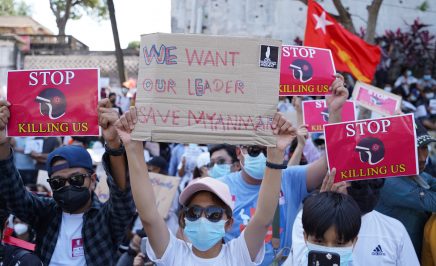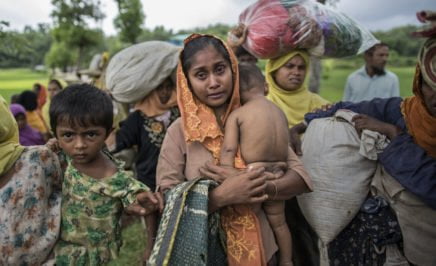Amnesty International Australia today welcomed the suspension of security assistance with Myanmar in the wake of the military coup on February 1, and called for further targeted multilateral sanctions against senior officials.
“The Myanmar military has a well-documented history of violence and grave human rights violations. Amnesty commends he Australian government for finally suspending its ties with Myanmar’s security forces,” Amnesty International Australia National Director, Sam Klintworth said.
Following Amnesty International’s 2018 report detailing Myanmar’s atrocity crimes against the Rohingya, the Australian government imposed targeted sanctions against five military officers, omitting eight others, including Commander-in-Chief Min Aung Hlaing who were directly implicated by Amnesty in crimes against humanity.
“The international community must come together to impose multilateral, targeted sanctions against Min Aung Hlaing and other senior officials identified as being responsible for atrocities against all ethnic minorities, including the Rohingya people.”
“Without justice and accountability, Myanmar’s emboldened military will continue to trample human rights across the country. Today, the dignity and safety of everyone in Myanmar is in jeopardy,” Klintworth said.
Amnesty has consistently called for Australia to cease military ties with Myanmar since they were resumed in 2013, and instead focus on human rights training and accountability.
Background
In a 2018 report, Amnesty International named Senior General Min Aung Hlaing among a group of senior military officers responsible for crimes against humanity committed during the ethnic cleansing of the Rohingya population in northern Rakhine State. Still under the command of Min Aung Hlaing, the military have committed serious human rights violations, including war crimes, in Chin, Kachin, Rakhine and Shan States. Amnesty uncovered evidence of indiscriminate air strikes that killed children, as well as torture and arbitrary detention.
The UN Fact-Finding Mission on Myanmar have called for Senior General Min Aung Hlaing to be investigated and prosecuted for genocide, crimes against humanity, and war crimes.
Facts regarding crimes against humanity by the Myanmar military:
- More than 50 people, mostly protesters, have died and many more have been seriously injured since the military coup in a worrying escalation of tactics which Amnesty is concerned is a ‘shoot to kill’ policy employed by the military against its people.
- Nearly one million Rohingya refugees are living in camps in Bangladesh after they fled their homes in Myanmar due to the military’s crimes against humanity. Moreover, Rohingya people in Myanmar are still forced to live in a state of apartheid. Their freedom of movement and access to education, livelihood opportunities and healthcare are severely restricted.
- Crimes under international law committed by the Myanmar military in Rakhine State in 2016 and 2017 as part of its brutal persecution of the Rohingya, included killings, rape, torture, burning hundreds of villages and forcing hundreds to thousands of Rohingya into Bangladesh, are now the subject of International Criminal Court (ICC) and International Court of Justice (ICJ) proceedings. A UN Fact-Finding Mission has called for senior military officials to be investigated and prosecuted for genocide.
- The Myanmar military continues to inflict extreme suffering on civilians in other ethnic minority areas as multiple conflicts in Rakhine, Chin, and Northern Shan States rage. There are some 300,000 individuals displaced in those areas and Kachin State due to armed conflict.



